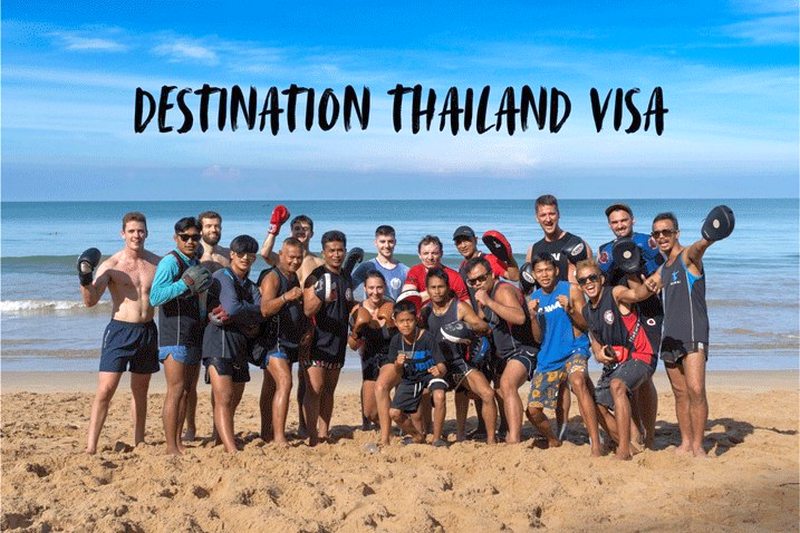
The initial target group of the Ministry of Foreign Affairs in July 2024 were digital nomads, a booming market in today’s world by any standards. How many DTVs have now been granted to remote workers is apparently a government secret, but a conservative guess might be 30,000 based on comments by individual Thai embassies. A somewhat larger number, perhaps 50,000, have been awarded to soft power applicants particularly those enrolling for Thai boxing or cooker classes, or identifying as medical tourists.
Initially, there was a free for all with some embassies, the Taipei diplomatic base in particular, awarding the visa within hours of receiving the walk-in application. Inevitably, procedures began to tighten as Thai embassies worldwide published their own application criteria. From the beginning of 2025, only online applications have been available, but embassy discretion about the documentation remains the dominant theme. For example, the precise evidence to satisfy the 500,000 baht (US$14,000) required bank bond differs according to where you make the application.
One of the success markers of DTV is that alternative longstay visas have been panicked into some softening. Thai Privilege Card suspended the 50,000 baht enrolment fee and introduced a so-called cut-price or bronze 5-year Elite visa. The Board of Investment, which sponsored its own digital nomad visa under a category in the 10-year Long Stay Residence, abolished the high income barrier for remote workers and emphasized instead the cash turnover of the foreign company which was employing them.
Application abuses have inevitably accompanied DTV. Sometimes these are spotted, for example applicants pretending to be abroad when they are actually in Thailand lose their enrolment fee. Men in their 70s wishing to become judo experts or cuisine gurus have had trouble proving their previous experience in these specialist fields. Other darker abuses, such as agencies providing fake documentation of year-long training in an adult school, have so far been ignored.
Since the beginning of 2025, DTV holders have been turning up at local immigration enquiring about the notional six months’ extension. Answers have ranged from “nobody knows” and “we are preparing a sheet” to” show us you still have 500,000 baht in a bank account” and “better to do a border run”. But there is enough evidence now to confirm what the Ministry of Foreign Affairs stated last July: it will be easier to leave the country, however briefly, rather than to expect local immigration to turn 180 days into 360.
Although the Interior Ministry or the Immigration Bureau have never uttered a single word about DTV, they are aware that the visa is strongly supported by the prime minister who is keen as always to increase Treasury funds now rather than later. But longstay DTV holders are subject to address registration in Thailand (form TM30 as well as 90 days reporting) and should keep an eye on the Thai Revenue Department with its still-blurry widening of the personal income tax net. In the meantime, it’s worth reiterating this is a visa for tourists. Although applicants will have signed up for some activity, the main purpose is enjoying yourself in your own time. The Thai authorities should realize that the continued success of DTV depends on not over-hassling the holders. Other countries in south east Asia stand very ready to promote their own longstay packages.










